Human rights in modern international relations represent both the best of times and the worst of times. During the half century following the Second World War revolutionary developments occurred in the legal theory and diplomatic practice of internationally recognized human rights. Human rights language was written into the UN charter and the constitutions of many countries. More than two hundred multilateral human rights treaties exist today. The United Nations system alone has adopted more than 100 human rights instruments on various facets of human rights, covering the entire gamut of human relationship. The world community has adopted the international Bill of Human rights and core human rights instruments on elimination of racial discrimination, discrimination against women, prevention of torture, rights of children and migrant workers. These core treaties have monitoring bodies to supervise international human rights obligations of the states ratifying them. Many third world states are parties to these instruments. Thus, human rights now have become the common language of mankind. Notwithstanding these revolutionary evolution and domestic implementation of various human rights treaties, this period on the other hand represents the worst of times. Many instances of gross and systematic violations of human rights and inhumanity have occurred in almost all countries the developed West and the under-development Third World. In the 20th century more people have been killed by the states or in the inter-ethnic and communal strife than in two World wars. The essays contained in the book recapture this paradox of the 20th century the gap between theory and practice of human rights norms. It examines the problem of implementing international human rights obligations in Third World States. The main focus of the essays is to evaluate the rights of Dalits, minorities, socio-economic rights, rights of women, children and marginalized groups. It also deals with human rights situation in Central Asia, Gulf, Sierra Leone and Turkey. The learned contributors provide candid and graphic accounts of human rights violations. Specialists and non-specialists alike will find ideas, arguments and analyses of high quality in these essays.
Implementing Human Rights in the Third World: Essays on Human Rights Dalits and Minorities
In stock
Free & Quick Delivery Worldwide
reviews
Bibliographic information
Title
Implementing Human Rights in the Third World: Essays on Human Rights Dalits and Minorities
Author
Edition
1st ed.
Publisher
ISBN
8178271923, 9788178271927
Length
xii+520p., Tables; Index; 22cm.
Subjects

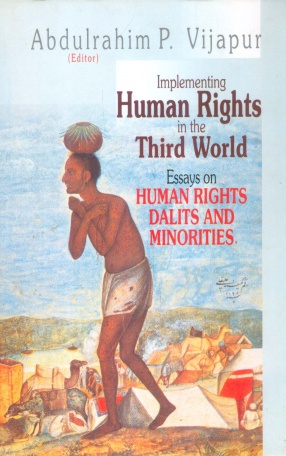
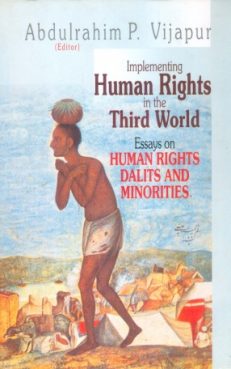
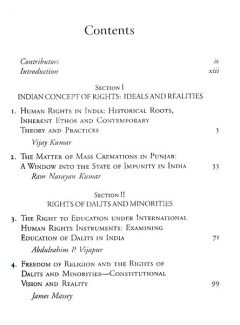
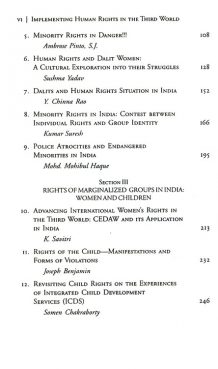
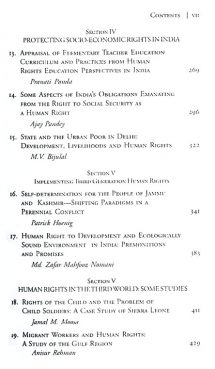
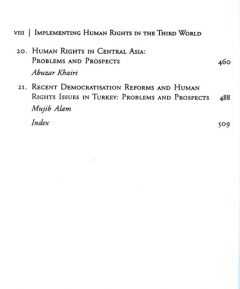
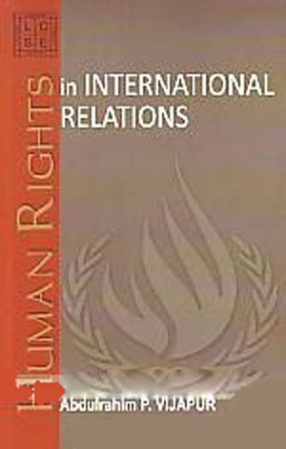

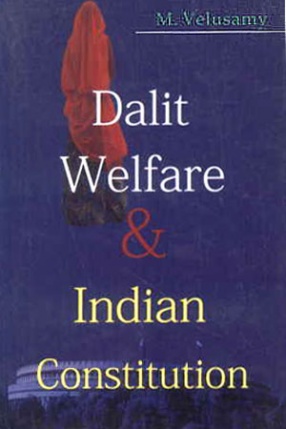

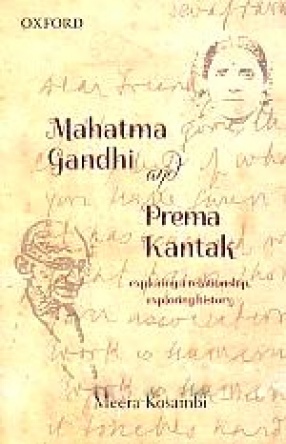
There are no reviews yet.